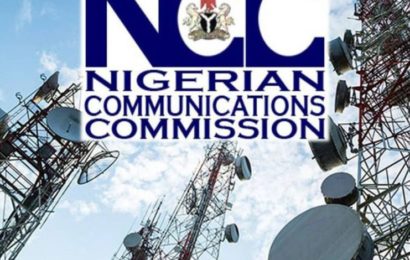
The Minister of Power, Works and Housing, Mr. Babatunde Fashola, on Monday, said the National Assembly’s response to his observation on the 2017 Budget did not address fundamental issues raised on funds allocated to key ministries.
Fashola, in a statement issued by his Special Adviser on Media, Hakeem Bello, expressed concern over the recourse to name-calling and personal attack by the federal lawmakers, insisting the legislators lack power to insert items in budget prepared by the executive.
The minister said he was worried that spokespersons of the Senate and House of Representatives failed to state the reason the National Assembly cut allocations to key infrastructure projects of the ministry.
While acknowledging that legislators could contribute to budget making, Fashola disagreed that members of the legislative arm have powers to alter items in the budget after putting the executive members through defence sessions and committee hearings.
The minister observed that it amounts to abuse and disregard for law for lawmakers to unilaterally insert items not contained in the original documents submitted by the executive.
He listed the Lagos-Ibadan Expressway, Bodo-Bonny Road, Kano-Maiduguri Highway, Second Niger Bridge and Mambilla Hydropower Project, among others, as those the NASS members altered in the budget to insert boreholes and primary health care projects.
Fashola minister insisted that there is no subsisting concession agreement on the Lagos–Ibadan Expressway, adding that the Infrastructure Construction Regulatory Commission (ICRC) only has a financing agreement with a consortium of banks, which must be paid back through budgetary provisions.
The statement reads: “I acknowledge the need for legislators to make input in budget process as representatives of the people, but it amounts to a waste of tax payers money and an unnecessary distortion for lawmakers to unilaterally insert items not under the exclusive or concurrent lists of the Constitution, such as boreholes and streetlights after putting Ministries, Departments and Agencies (MDAs) through the process of budget defence.
“It is sad that the lawmakers resorted to name-calling even without understanding what they were getting into. Let us take the projects, which the lawmakers chose to focus on, one after the other. I want the public to know there is no subsisting concession agreement on the Lagos–Ibadan Expressway. What the Infrastructure Construction Regulatory Commission (ICRC) has is a financing agreement from a consortium of banks, which is like a loan that still has to be paid back through budgetary provisions.
“In the case of the Second Niger Bridge, which the NASS spokespersons alleged that the provision in 2016 budget was not spent and had to be returned, it is display of worrisome gaps in knowledge by the spokespersons about the budget process. The lawmakers must know that a budget is not cash; it is an approval of estimates of expenditure to be financed by cash from the Ministry of Finance.”








